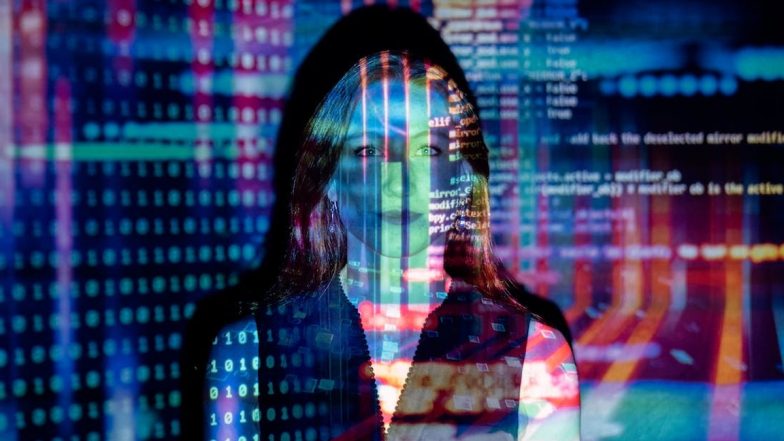The Deepfake Dilemma: A Digital Pandora's Box in the Modern World
Unveiling the Shadows of Deepfake Technology

Deepfake technology, a portmanteau of "deep learning" and "fake," represents the cutting edge of artificial intelligence, enabling the creation of highly realistic digital copies of people's likenesses or voices. From its humble beginnings in the 1990s to the widespread availability of deepfake apps in 2018, this technology has carved a niche in various sectors. It's been a boon in the educational sphere, the film industry, and even retail, enhancing user experiences and offering a multitude of creative applications.
The Dark Side: Deepfake's Menacing Impact
However, like all powerful tools, deepfakes have a dark side. A staggering 90-95% of deepfake videos now are nonconsensual adult content, with a significant portion targeting women, often minors. The case of QTCinderella, an online streaming personality victimized by hundreds of unauthorized deepfake videos, highlights the grave legal loopholes and the lack of recourse for victims.
Deepfakes also pose significant risks in the realm of fraud and misinformation. They've been used to impersonate business leaders and politicians, potentially undermining elections and even posing threats to global stability. The infamous deepfake of President Obama in 2018 serves as a stark reminder of the technology's potential to spread disinformation.
Legislative Landscape: A Patchwork of Regulations
Globally, the response to the deepfake menace is varied. In the United States, federal legislation specifically targeting deepfakes is non-existent despite the National Defense Authorization Act (NDAA) requiring intelligence reports on deepfakes' impact on national security. Only a handful of states have enacted laws addressing deepfake misuse, such as nonconsensual content and election interference.
Contrastingly, China has imposed strict regulations prohibiting deepfake creation without consent. Germany and the United Kingdom have also taken steps to legally protect individuals against unauthorized deepfakes, though their laws don't directly address the technology.
The First Amendment Conundrum
The question of whether deepfakes fall under the protection of the First Amendment in the U.S. adds another layer of complexity. While deepfakes are forms of expression, they can be restricted if they fall into categories like libel, slander, or nonconsensual content, which are not protected by the First Amendment.
The Road Ahead: Navigating the Deepfake Maze
As we grapple with the implications of deepfake technology, it becomes clear that its potential for harm is as significant as its benefits. The need for comprehensive legislation, both nationally and globally, is pressing. However, the debate on how to balance regulation with freedom of expression remains a challenging puzzle.
The ability of deepfakes to blur the lines between reality and fiction calls for a nuanced approach, one that respects creative freedom while protecting individuals from harm. As we sail into this uncharted digital territory, the collective efforts of governments, tech companies, and civil society will be crucial in containing the deepfake Pandora's box before its consequences become irreversibly entwined in the fabric of our digital lives.
For further reading on the topic and to dive deeper into the intricacies of deepfake technology and its implications, check out these sources:
- Elets eGov for an insight into the collaborative efforts against deepfakes.
- Princeton Legal Journal for a comprehensive analysis of the legal challenges and legislative responses to deepfakes.





Comments ()